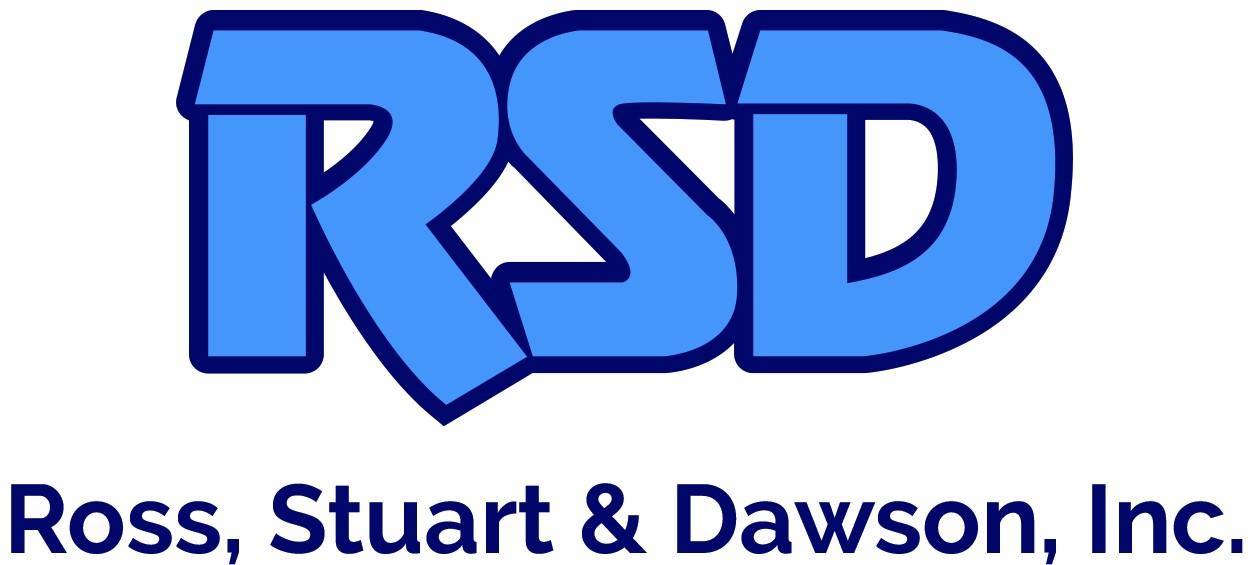Navigating Debt Collection: A Primer for New Business Owners
Are you a new business owner?
Is your business prepared for potential payment disputes?
For many entrepreneurs, starting a business is an exhilarating journey. However, while launching a new venture can be exciting, there can also be challenges, like debt collection. Whether you're a budding entrepreneur or a seasoned business owner, understanding the basics of debt collection is crucial to ensuring the financial stability of your enterprise. Here's a quick guide for new business owners on navigating the world of debt collection.
1. Establish Clear Terms
One of the most effective ways to mitigate potential issues with debt collection is to establish clear and concise payment terms from the beginning. Clearly outline expectations regarding payment due dates, acceptable payment methods, late fees, and consequences for non-payment in your contracts. By setting expectations upfront, you minimize misunderstandings and provide a solid foundation for effective debt management.
2. Maintain Detailed Records
Accurate record-keeping is vital when it comes to debt collection. Keep thorough documentation of all transactions, invoices, payment receipts, and correspondence with clients. Maintaining organized records not only facilitates smoother debt collection processes, but also serves as valuable evidence in case of disputes or legal proceedings.
3. Implement a Systematic Invoicing Process
Consistent invoicing is essential for prompt payment collection. Establish a systematic invoicing process that sends out invoices promptly upon completion of services or delivery of products. Clearly itemize the charges and payment due dates on each invoice and follow up promptly on overdue payments. Utilizing accounting software or invoicing platforms can streamline this process and help you stay on top of outstanding payments.
4. Communicate Effectively
Open communication is the key to resolving payment issues. If a client falls behind on payments, reach out promptly to remind them of their outstanding balance and inquire about the reason for the delay. Be polite, but firm, and offer flexibility where appropriate. Often, a simple reminder is all it takes to prompt payment and maintain a positive business relationship.
5. Enforce Policies Consistently
Consistency is paramount when enforcing payment policies. Establish a clear protocol for handling delinquent accounts, including the escalation process for overdue payments. Whether it involves sending reminder notices, imposing late fees, or pursuing legal action as a last resort, ensure that your debt collection policies are applied uniformly to all clients or customers. This demonstrates professionalism and reinforces the importance of timely payments.
6. Preserve Relationships Whenever Possible
While debt collection is primarily focused on recovering overdue payments, it's essential to approach the process with tact and empathy, especially when dealing with long-standing clients or valued customers. Strive to preserve business relationships whenever possible, even amid payment disputes.
7. Know When to Seek External Assistance
Despite your best efforts, some debtors may remain unresponsive or unwilling to pay. In such cases, knowing when to seek external assistance becomes imperative. Consider enlisting the services of a reputable Michigan debt collection agency. These experts can offer valuable guidance and assistance in recovering outstanding debts while ensuring compliance with relevant laws and regulations.
Need Help with B2B Debt Collection in Michigan?
Our agency is dedicated to helping your business collect money owed with efficiency and empathy. If you’re ready to start collecting, or even if you just need a few questions answered, call (248) 370-8160 or submit a contact form here.

